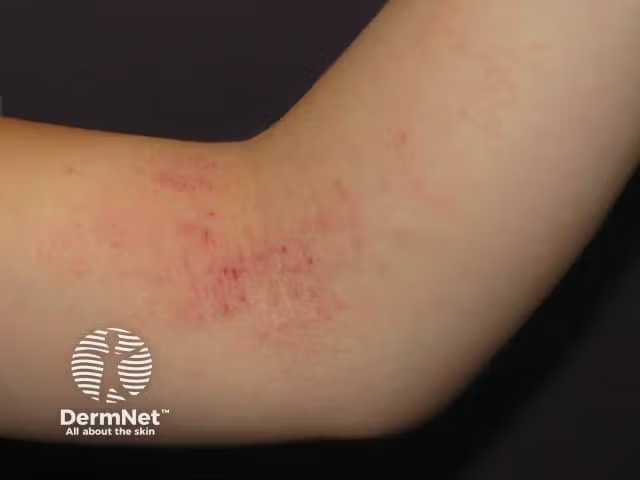- Acne
- Actinic Keratosis
- Aesthetics
- Alopecia
- Atopic Dermatitis
- Buy-and-Bill
- COVID-19
- Case-Based Roundtable
- Chronic Hand Eczema
- Drug Watch
- Eczema
- General Dermatology
- Hidradenitis Suppurativa
- Melasma
- NP and PA
- Pediatric Dermatology
- Pigmentary Disorders
- Practice Management
- Precision Medicine and Biologics
- Prurigo Nodularis
- Psoriasis
- Psoriatic Arthritis
- Rare Disease
- Rosacea
- Skin Cancer
- Vitiligo
- Wound Care
Opinion
Video
Safety and Access Considerations: Topical Ruxolitinib Review
Dr Linda Stein Gold and Dr Michael Cameron assess the safety and tolerability of topical ruxolitinib cream, offering guidance on counseling patients about the black box warning. They also address the perception of limited treatment access and strategies for overcoming this barrier.
This is a video synopsis of a discussion involving Linda Stein Gold, MD, Director of Dermatology Research at Henry Ford Health in Detroit, Michigan, and Michael Cameron, MD, FAAD, a dermatologist based in New York City.
The conversation explores the clinical profile and real-world tolerability of topical ruxolitinib cream for atopic dermatitis (AD). Dr. Cameron discusses the absence of local tolerability issues observed in clinical trials, with no reported skin burning, indicating the cream's excellent tolerability. This contrasts with previous experiences with other non-steroidal topicals, where tolerability issues often worsened outside of clinical trials.
In real-world practice, Dr. Cameron notes zero tolerability issues among patients using topical ruxolitinib cream, reflecting the findings from clinical trials. Despite a box warning associated with the cream, he emphasizes its clean safety profile and minimal systemic absorption when applied to small local areas, reassuring patients about potential side effects.
Furthermore, Dr. Cameron addresses concerns about access to topical ruxolitinib cream, highlighting efforts by the manufacturer to ensure widespread availability. He encourages colleagues to reconsider prescribing the cream, as access issues have significantly improved, ensuring that more patients can benefit from its efficacy and tolerability.
Dr. Stein Gold acknowledges the importance of considering systemic agents for patients with more extensive AD but underscores the significance of topical ruxolitinib cream as a valuable treatment option. She commends the discussion for providing clinical insights and hopes it will benefit practitioners in managing AD patients effectively.
In conclusion, the conversation highlights the promising clinical profile and improved access to topical ruxolitinib cream, offering clinicians a valuable addition to their AD treatment armamentarium.
Video synopsis is AI-generated and reviewed by Dermatology Times® editorial staff.











